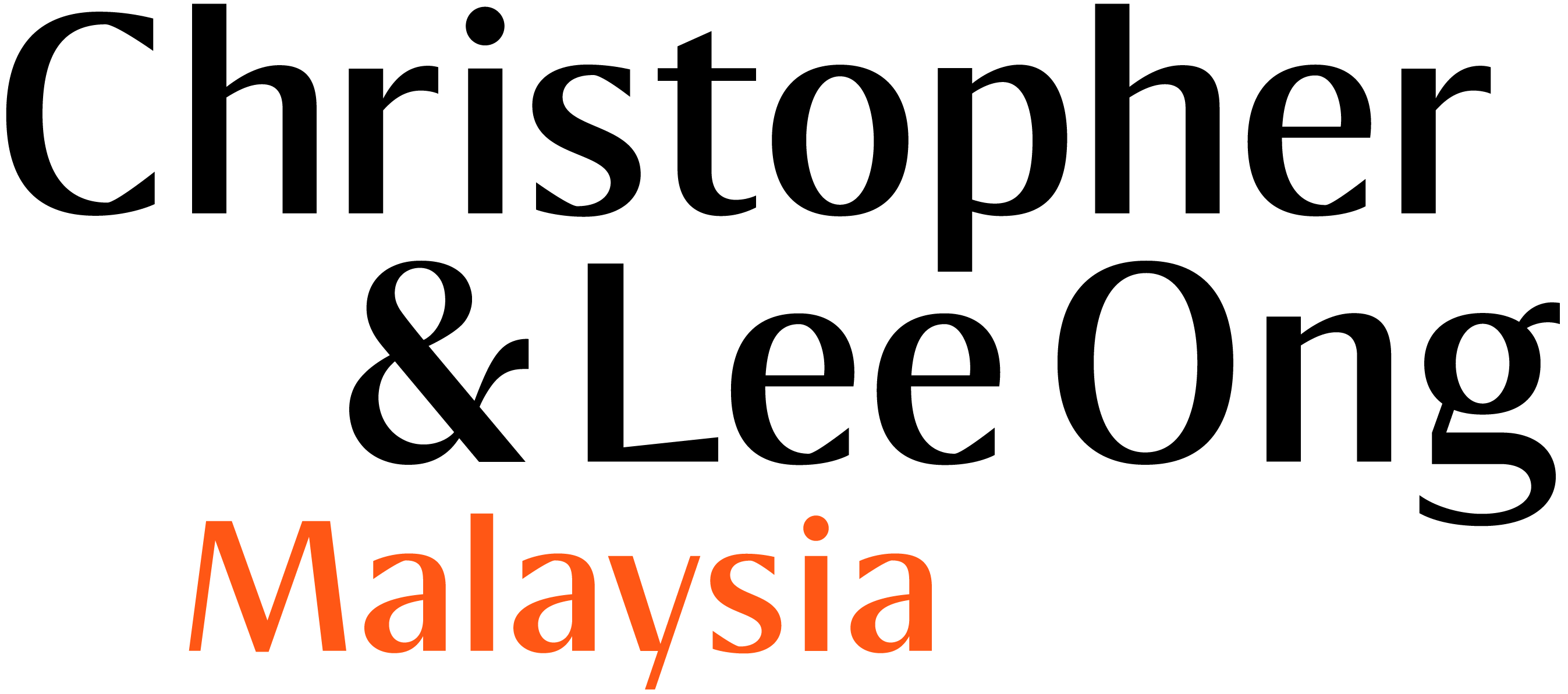建筑行业是一个包含合同、进度和付款的复杂行业,这些都需要谨慎管理以确保项目的稳定进展。这行业随之而来的风险是一旦任何一方与另一方发生争议,正在进行的项目可能会迅速失控并停滞。
《2012年建筑业付款与裁决法令》(简称 “CIPAA“)约十年前生效,它提供了快速解决付款争议的程序。近期的马来西亚上诉法院案件 JDI Builtech (M) Sdn Bhd v Danga JED Development Sdn Bhd [2024] 4 MLJ 29(”JDI Builtech“)澄清了CIPAA第30条的适用,指出在根据该条款向分包商发出直接付款命令之前,必须确保业主对主承包商有未付的款项。
CIPAA的承诺:现金流解决方案
CIPAA旨在促进建筑项目的顺利进行,确保承包商和分包商能及时获得工作报酬。CIPAA的核心条款——第30条,允许获得有利裁决结果的分包商绕过主承包商,直接向业主请求付款。
其原理在于,分包商为主承包商完成的任何工作将使业主受益,因此业主应当支付主承包商这部分工作费用。
以下为CIPAA第30条的完整条款:
30 业主直接付款
(1) 若裁决中被判支付裁决金额的一方未付款,则裁决中有利的一方可书面请求业主直接支付裁决金额。
(2) 收到上述书面请求后,业主应向被裁决一方发出书面通知,要求出具付款证明,并声明将在通知发出后十个工作日内进行直接支付。
(3) 若未能提供所要求的付款证明,业主应向取得有利裁决的一方支付裁决金额。
(4) 业主可将支付金额作为债务或从应付给被裁决一方的款项中扣除。
(5) 仅当收到第一款的请求时,业主对被裁决方有应付金额,才能适用本条款。
JDI Builtech案:事实摘要与上诉法院的裁决
事实摘要
JDI Builtech案中,分包商成功取得对主承包商的有利裁决结果,但主承包商未支付裁决金额。随后,分包商根据CIPAA第30条向业主申请直接付款。
分包商主张,CIPAA第30条创建了一项独立义务,要求业主直接向分包商付款,并不能对主承包商适用任何抵消权。业主否认对主承包商有任何债务,并指出主承包商对其负有约4,140万令吉的违约赔偿责任,直到合同终止。
业主还辩称,分包商在获得付款方面不能处于比主承包商更优越的地位,并且CIPAA第30条第(5)款的基本前提条件是,在收到付款请求时,业主必须对被裁决方存在应付或待支付的款项。
上诉法院裁决:CIPAA第30条(5)的主导性条款
上诉法院经过对CIPAA第30条的全面考量,做出关键裁决,除非分包商能够证明业主对主承包商有欠款,否则CIPAA第30条的其他子条款无法启动。
在得出这一结论时,上诉法院援引并认可了Wong Kian Kheong法官(现为上诉法院法官)在Cabnet Systems (M) Sdn Bhd v Dekad Kaliber Sdn Bhd & Anor [2020] MLJU 311 案中的判决,列出了业主直接向分包商支付的四个前提条件:
- 条件1:主承包商未向分包商支付裁决金额:CIPAA第30条第(1)和(3)款;
- 条件2:分包商书面要求业主直接向其支付裁决金额:CIPAA第30条第(1)款;
- 条件3:业主对主承包商有欠款:CIPAA第30条第(5)款;以及
- 条件4:业主未遵守分包商的通知,且未直接向分包商支付裁决金额。
在本案中,法官洞察性地将第三个条件(CIPAA第30条第(5)款的主导条款)置于第四个条件(CIPAA第30条第(3)款)之前。
上诉法院在JDI Builtech案中确认了这些条件的流程和履行与CIPAA第30条的基本原则一致,即在进行任何直接付款之前,业主必须对其主承包商存在应付和欠款。
上诉法院进一步强化了CIPAA第30条第(5)款的主导适用性,认为在没有欠款的情况下,CIPAA第30条第(2)款的通知并非必要:
“[50] 如果不存在第30条第(5)款所指的应付或欠款,则显然业主无需通知主承包商出具已支付分包商的付款证明,若无付款证明,则业主将直接向分包商支付。“
对分包商和业主的警示
此裁决提醒分包商,虽然CIPAA提供了强有力的付款加速程序,但证明业主对主承包商有欠款至关重要。
对业主而言,有两种情形可以主张无欠款:其一为已向主承包商支付,另一种情况则为与主承包商存在真诚的争议。
如需进一步帮助或解析,或任何与建筑争议相关的事项,欢迎随时联系我们。
Disclaimer
Rajah & Tann Asia is a network of member firms with local legal practices in Cambodia, Indonesia, Lao PDR, Malaysia, Myanmar, the Philippines, Singapore, Thailand and Vietnam. Our Asian network also includes our regional office in China as well as regional desks focused on Brunei, Japan and South Asia. Member firms are independently constituted and regulated in accordance with relevant local requirements.
The contents of this publication are owned by Rajah & Tann Asia together with each of its member firms and are subject to all relevant protection (including but not limited to copyright protection) under the laws of each of the countries where the member firm operates and, through international treaties, other countries. No part of this publication may be reproduced, licensed, sold, published, transmitted, modified, adapted, publicly displayed, broadcast (including storage in any medium by electronic means whether or not transiently for any purpose save as permitted herein) without the prior written permission of Rajah & Tann Asia or its respective member firms.
Please note also that whilst the information in this publication is correct to the best of our knowledge and belief at the time of writing, it is only intended to provide a general guide to the subject matter and should not be treated as legal advice or a substitute for specific professional advice for any particular course of action as such information may not suit your specific business and operational requirements. You should seek legal advice for your specific situation. In addition, the information in this publication does not create any relationship, whether legally binding or otherwise. Rajah & Tann Asia and its member firms do not accept, and fully disclaim, responsibility for any loss or damage which may result from accessing or relying on the information in this publication.








